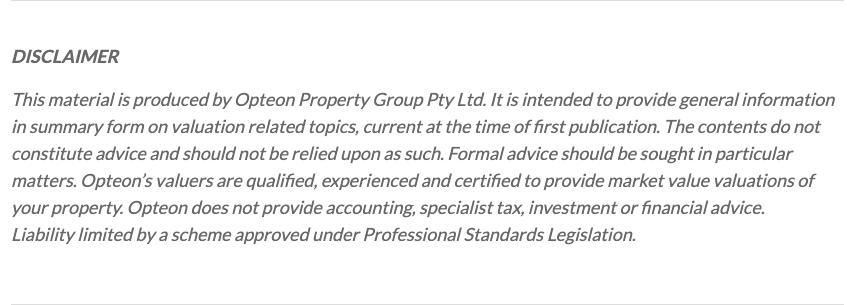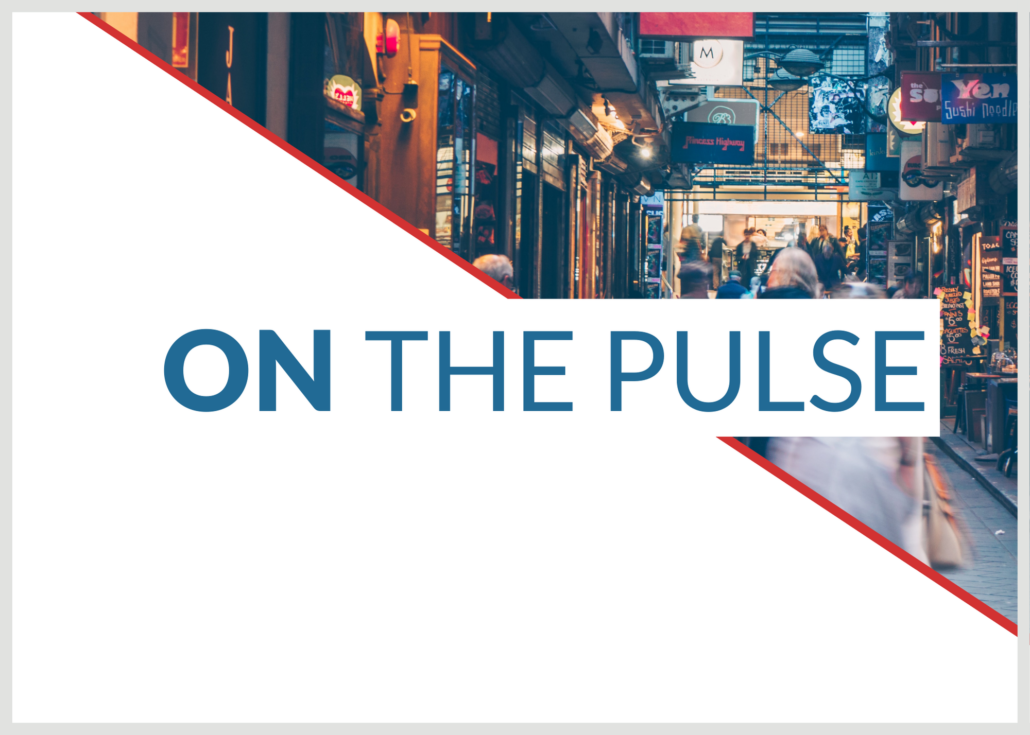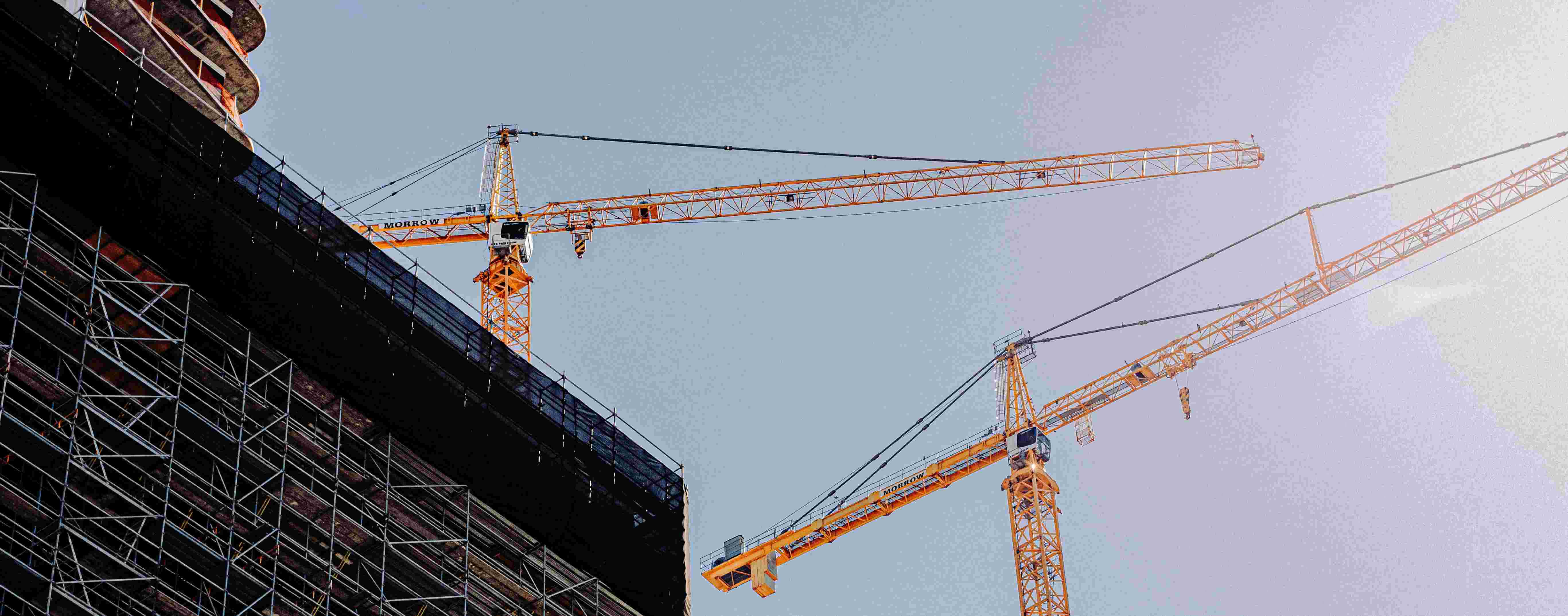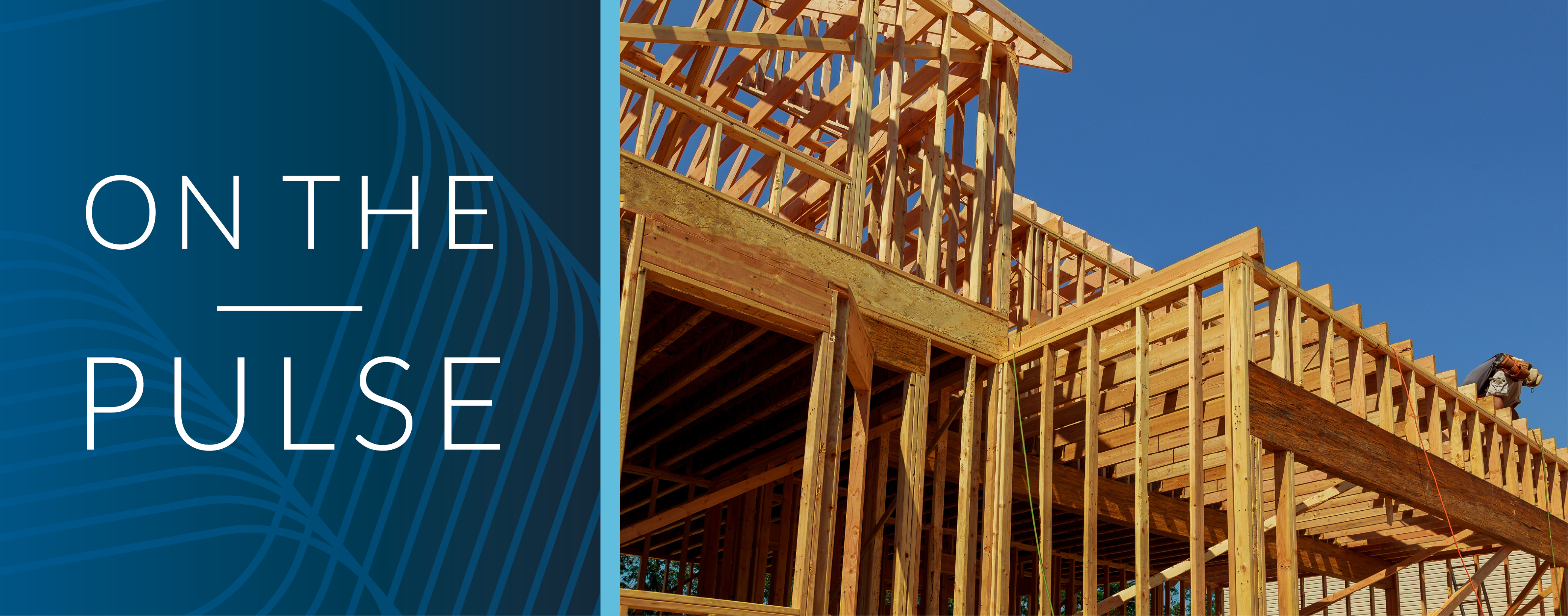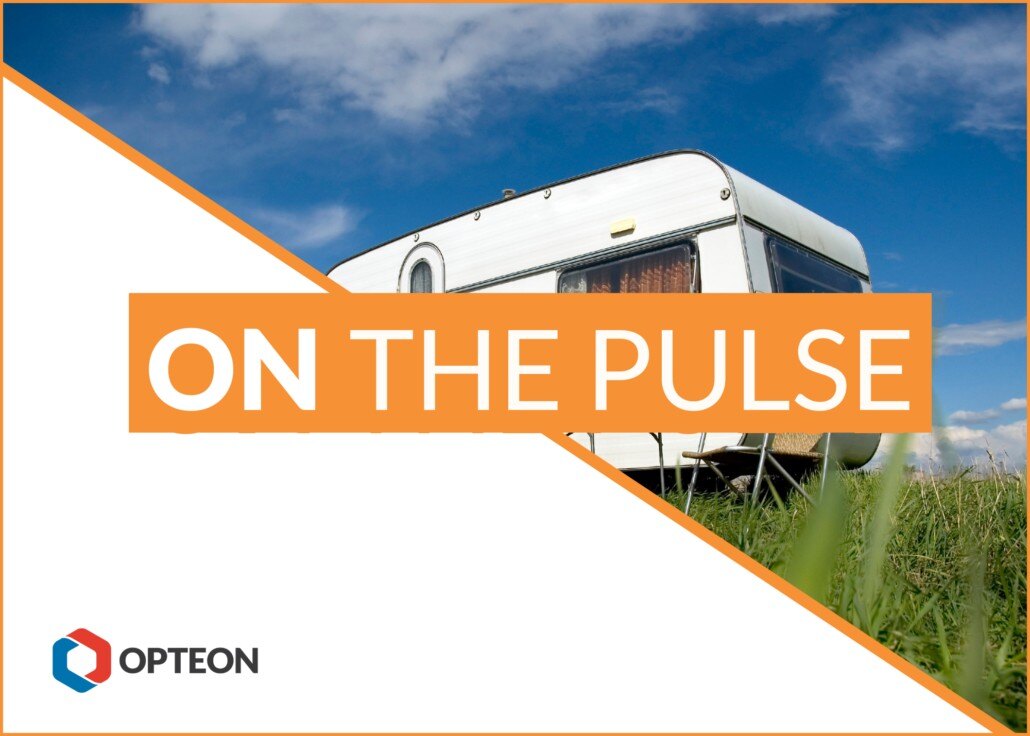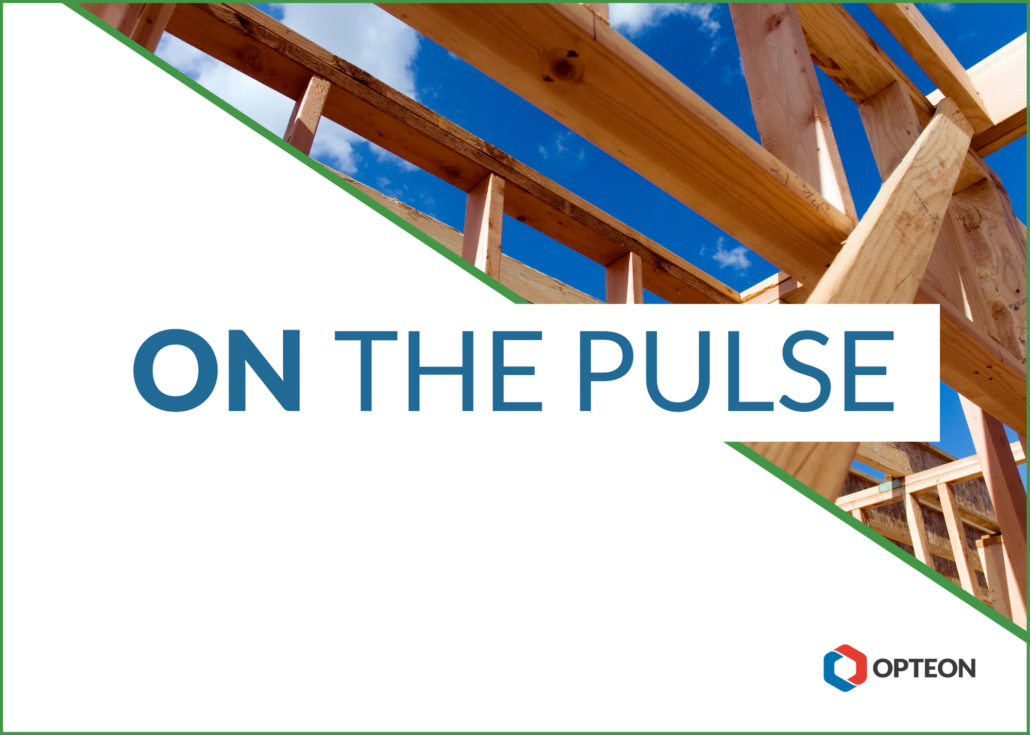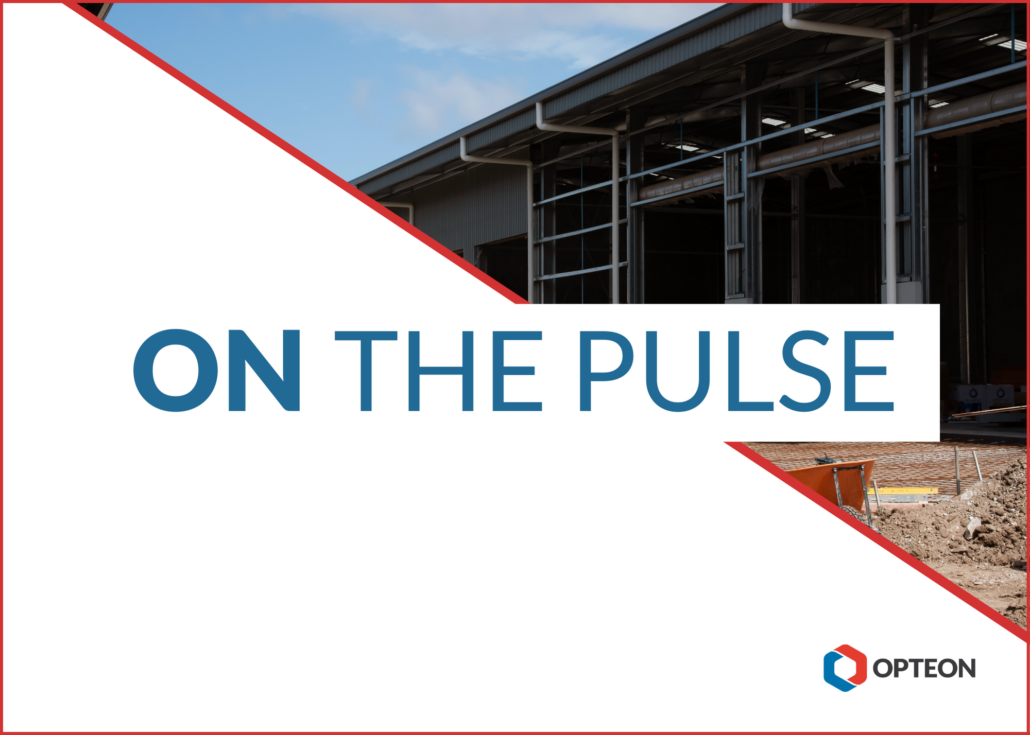Hospitality Assets Emerge from their “Worst Days”
Newsletter
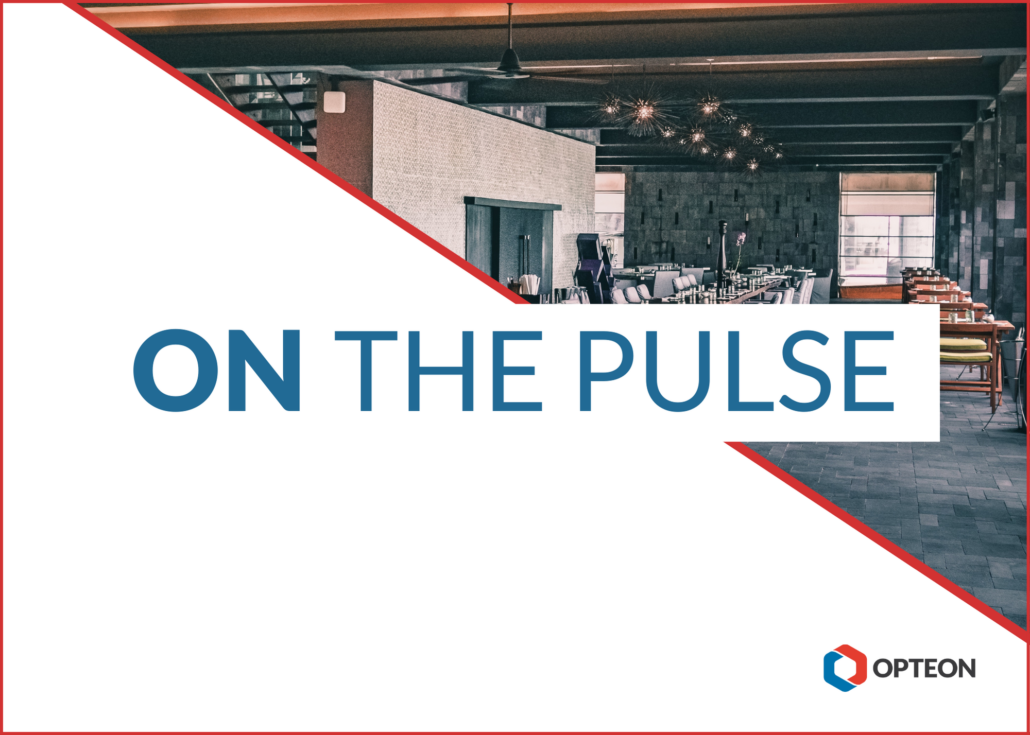
Author
Duncan Cameron, Director - Specialised & Advisory
A sector hit hard by the pandemic
In the last five years, Opteon has completed 784 hospitality valuations in the sub $50m market. This includes pubs/taverns (30%), hotels/gaming hotels (24%), restaurants (24%), and other hospitality venues (22%) such as small bars, nightclubs, licensed clubs, function centres and casinos. These have involved assets located Australia-wide, in both metropolitan and regional areas, with the highest volumes in NSW, WA, Victoria and Tasmania.
As valuation specialists in the sub $50m hospitality asset class, we saw the COVID-19 pandemic hit the sector extremely hard. The speed at which COVID-19 hit Australia and forced hospitality venue closure was unprecedented, causing significant and widespread financial hardship. During the pandemic period, hospitality venues were forced to contend with significant drops in demand. Unpredictable and wide-ranging lockdown periods, increased and varying trading restrictions and rigid operating protocols caused significant revenue and profitability decline.
The success or failure of businesses during this period was dependent on the size of their pre-pandemic financial resources and cash buffers. During the pandemic, factors such as their scale, impact on revenue, ability to access government funding support (i.e. JobKeeper) and the speed at which they could mitigate operating expenditure all played a role.
While the Omicron variant has also had a negative impact on the sector this year, there are now positive signs of recovery. Profitable trading conditions are starting to return due to high vaccination rates and relaxation of pandemic control measures. Socially, patrons are returning to hospitality venues after lengthy periods of mandatory lockdown and isolation. Most have more disposable income after two years of restricted travel and limited discretionary spending opportunities. For some hospitality businesses, the mandatory closure provided the opportunity to refurbish venues, reassess their service offering and positively restructure their operating model to deliver a more profitable financial outcome.
The impact on the hospitality sector
In a May 2020 story by Hoteliers Australia, Australian Hotels Association (AHA) National President Scott Leach said: “the industry was facing its worst days in over a century”. Leach added: “Our hoteliers and their staff are doing the right thing but they are paying a heavy price. We have to remember too, the industry is not in hibernation… Your typical country pub is losing $25-35,000 a month – again with no money coming in. There really is a limit to how much debt can accumulate before many will be forced to close their doors for good.[1]
In July 2020, an AHA opinion piece published in The West Australian stated: “For nearly every hotel, restaurant, bar, pub and tavern, the Federal Government’s JobKeeper payment scheme is the only reason they have been able to survive.”[2] From a property perspective, other support measures included the National Cabinet’s Mandatory Code of Conduct – SME Commercial Leasing Principles During COVID-19 (and subsequent state-based legislation) that was designed to provide a proportionate and measured framework for landlords and tenants to share the financial risk and cash flow impact during the COVID-19 pandemic period. Other wide-ranging relief and support measures assisted hospitality businesses to ride out the initial pandemic impact, including deferred taxation, deferred commercial and residential bank loan reviews and various state-based financial support measures.
In most capital cities, the sector was crippled by lockdowns and the impact of state and national border closures, which curtailed tourism and corporate travel and, in turn, directly impacted venue revenues. Some States and regions fared better due to an increase in intrastate tourism. However, many regional businesses were also impacted by lockdowns, state border closures, vulnerable community isolations (WA) and, in Victoria, Melbourne’s “ring of steel”.
The Australian Bureau of Statistics (ABS) reported the accommodation and food services sector EBITDA fell by $271m in FY20, or 2.7%, following a period of growth [3]. The impact was also felt acutely by hospitality staff. For example, South Australia’s three-day lockdown in November 2020 resulted in 80% of permanent employees and half of casual employees being stood down. Furthermore, between $7m and $10m worth of food and alcohol was wasted[4]
The pain continued in 2022 with isolation requirements and government capacity restrictions in venues – made to curb the spread of the Omicron variant – further restricting profits for hotels and international entry restrictions causing significant staffing issues. Across the board, the cost of doing business in the accommodation and food services sectors increased by 78% from January 2022 to April 2022 according to the ABS[5]. Businesses with between 20-199 staff were hardest hit by: a) an inability to find suitable staff; and b) supply shortages, caused by logistic disruption as COVID-19 community transmissions spread with the relaxation of containment policies.
Hospitality asset valuations
At the best of times, hospitality asset values can be particularly volatile as they are inherently linked to the trading performance and profitability of the going concern business. In turn, this financial viability is influenced by many external and internal factors, including:
- the economy
- consumer confidence
- disposable income levels
- spending patterns
- seasonal trends
- inflation
- interest rates
These are combined with the skill and quality of management, trading competition and the revenue mix of the business. Fluctuations in revenue and costs can quickly expose businesses to significant trading and financial risks and asset value volatility. The pandemic period intensified trading volatility as it added a rapidly evolving and unprecedented impact on what can typically be a volatile market sector.
Property markets typically stagnate during periods of uncertainty and, consistent with this market behaviour, investors defer investment decisions until they have greater certainty and clearer market direction returns.
Unsurprisingly, hospitality assets became less attractive to business operators and investors during the pandemic period. The pandemic’s impact on the industry saw fewer transactions. Opteon’s quarterly data shows valuation volumes dropped sharply during 2020. This was due partly to the major banks’ loan review moratorium during the 2020 pandemic period, but also to a decline in market transactional activity.
Currently, recent transactions of prime well-located hospitality venues are lower. They are either owned by:
- corporate and owner operators; or
- investors who have aggregated good quality venues over the years, and tightly hold such hospitality assets.
The general reluctance to sell profitable or securely leased assets is also impacted by the challenge of securing alternative, similar or superior yielding, replacement assets, which are typically in short supply.
Of those considering selling, many are seeking to recoup capital losses or forgone profit during the pandemic period before putting the asset on the market. Prospective vendors are typically seeking to re-establish a profitable history of trading performance to maximise the future potential realisable sale value. There’s evidence of industry-leading operators, who have successfully navigated the pandemic, making opportunistic, counter-cyclical acquisitions of underperforming businesses to expand their portfolios.
Our data indicates hospitality businesses began recovering at the end of 2020. Unfortunately, the emergence of the Delta and Omicron variants imposed further challenges and delays for the sector returning to pre-pandemic levels of trade. There are now signs of recovery and the industry is expected to rebound to pre-pandemic levels in terms of employment and maintain steady growth over the next three years. [6]
Opteon’s valuation experience indicates that revenue trends dipped in FY20, relative to previous financial years and have shown recovery in FY21 and FY22, as businesses gradually re-open to resume unconstrained trading profiles.
[/av_textblock]
[av_one_full first min_height='' vertical_alignment='av-align-top' space='no_margin' row_boxshadow_color='' row_boxshadow_width='10' margin='0px' margin_sync='true' mobile_breaking='' border='5' border_color='rgba(0,0,0,0.01)' radius='0px' radius_sync='true' padding='0px' padding_sync='true' column_boxshadow_color='' column_boxshadow_width='10' background='bg_color' background_color='#ebe6d6' background_gradient_color1='#ebe6d6' background_gradient_color2='#ffffff' background_gradient_direction='vertical' src='' attachment='' attachment_size='' background_position='top left' background_repeat='no-repeat' highlight_size='1.1' animation='' link='' linktarget='' link_hover='' title_attr='' alt_attr='' mobile_display='' id='' custom_class='' aria_label='' av_uid='av-l3dyrn12']
[av_textblock size='' av-medium-font-size='' av-small-font-size='' av-mini-font-size='' font_color='' color='' id='' custom_class='' av_uid='av-l3cjlqlv' admin_preview_bg='']
In focus: WA licensed premises market
In WA, the trading environment for hotels, taverns and nightclubs has been adversely affected in recent years by the Western Australian economic slowdown following the mining boom peak in 2012/13. From the moment the Western Australian Government declared a state of emergency on 15 March 2020, the WA hospitality sector was also significantly impacted by the pandemic.
Despite the pandemic challenges, well-located hotels, taverns and nightclubs (that are capably managed) are emerging from the pandemic with more positive trading indicators and recovering financial performance. In contrast, premises in poorer locations, those suffering from high localised trading competition, sub-standard management or marginal profitability, have experienced financial difficulty or failure in the challenging trading conditions.
Economic slowdown
Even before the impact of the pandemic, the Western Australian economy had been slowing for years due to the end of the mining construction boom (2008 to 2012/13). Despite a low interest rate environment, discretionary spending by consumers also tightened, impacting the trading performance of licenced hospitality venues.
The consequential impact on the local licensed premises market is that patrons have been more discerning in their spending patterns, especially with high price consumer items, such as food and alcohol in licensed premises. Operators have needed to work harder to deliver revenue growth, so have focussed on expense mitigation to maintain prior profit levels and deliver real profit growth.
Wage costs
The market, in line with the wider economy, is expected to experience inflationary wage pressures. This is likely to impact hospitality venue operations until international and interstate migration returns to pre-pandemic levels. This adds to the current challenges of finding suitably skilled hospitality staff. Staffing shortages are widely reported, especially as businesses navigate resourcing pressures with isolation requirements for COVID-19 infections as community transmissions become more commonplace under the relaxation of containment protocols.
Increased operating expenses
Hotels, taverns and nightclubs have experienced higher than inflationary increases in many operating expenses such as utilities, rates, taxes and insurance costs. COVID-19 and current international constraints on supply chains, products and essential tradable goods are also constraining hospitality businesses during the post pandemic recovery period.
Changing community behaviours
Very public and active policing of drink driving laws, tighter general economic conditions and the convenience and accessibility of packaged liquor has resulted in increased alcohol consumption in the home (including ‘pre-loading’) compared to on-venue consumption, which has impacted revenue in licensed hospitality venues. This has been offset by people’s desire to socialise publicly post-lockdowns.
Responsible service of alcohol laws
The introduction and active policing of Responsible Service of Alcohol laws has made operating hotels, taverns and nightclubs more challenging. It has added additional training requirements, staffing and rostering logistics, compliance and potential trading impacts on venues.
Increasing competition
Reforms to the Liquor Licensing Act in late 2006 gave rise to a change in focus in liquor licensing to cater for modern consumer needs. The legislative changes introduced public interest considerations in determining the merits of new licence approvals. The reforms also saw the introduction of a small bar licence category, which has proven extremely popular.
Consequently, the growth in small bar venues has provided increasing competition to the traditional hotel and tavern licensed premises. Further, the evolution and increasing incidence of ‘big barn’ liquor outlets (i.e. Dan Murphy’s and First Choice) has provided increased packaged liquor sales competition to the detriment of some traditional drive through bottle shops and takeaway liquor outlets. More recently, the increased incidence of ‘pop-up’ bars and temporary entertainment venues has added to the competition burden for traditional hospitality venues.
Trading environment and competition
The combination of soft economic conditions pre-COVID-19, tightened discretionary spending habits and growth in small bar licenses have presented challenging trading conditions to smaller venue or marginal licensed premises operators. Anecdotal evidence indicated that such venues were feeling the financial pressure, with many marginal businesses closing or being offered for sale. Such conditions led to a natural, economic rationalisation to the benefit of larger, established, well-run sustainable businesses. Larger venues with sound clientele bases and strong market positions appeared less impacted, although they still experienced challenges in maintaining revenue, cost reduction and delivering profitability.
After the initial COVID-19 lockdown, hospitality venues generally witnessed stronger trading conditions as clientele elected to spend more heavily on discretionary food and beverage entertainment in the wake of interstate and international travel restrictions and socially constraining lockdown periods. However, volatility has been evident, and moderation of this trading performance is expected now that interstate and international border restrictions have been removed.
Property impact
During the pre-pandemic environment the constraining trading environment and softening profitability trends caused downward pressure on rental and capital values. To some degree, this pressure was offset by the softening interest rate environment and downward pressure on yields (capitalisation rates). The pandemic period government initiatives also caused deferral of rent reviews leading to a period of rental value and capital value hiatus.
As venues return to profitable trade there remains the potential for a rental value growth. However, any potential for future uplift in capital values will be tempered by the future upward trajectory of interest rates and consequential upward pressure on property yields.
Feedback from both brokers and agents active within this sector suggests purchaser demand is currently very strong for profitable, well-performing venues given the weight of capital seeks strongly-yielding investments that deliver sustained returns. However, like most asset classes, supply of prime assets is particularly tight.
Meet our Hospitality specialists

Duncan Cameron
Director - Specialised & Advisory

Ryan Danaher
Director - Specialised & Advisory

Doug Shorten
Associate Director – Specialised & Advisory

Alex Dickinson
Commercial and Agribusiness

Ian Britton
Senior Valuer – Specialised & Advisory

Ray Codalonga
Director – Specialised & Advisory

Daniel Sander
Associate Director – Specialised & Advisory
